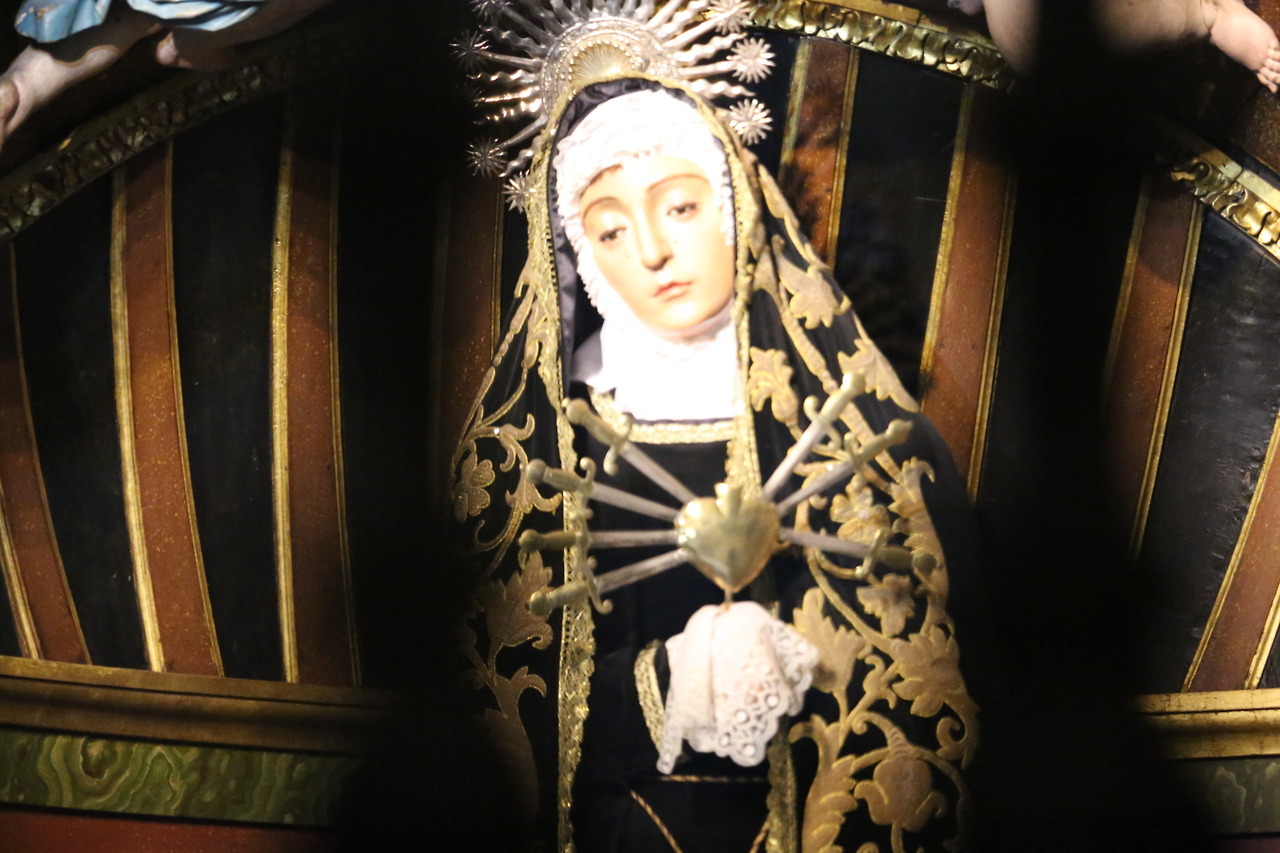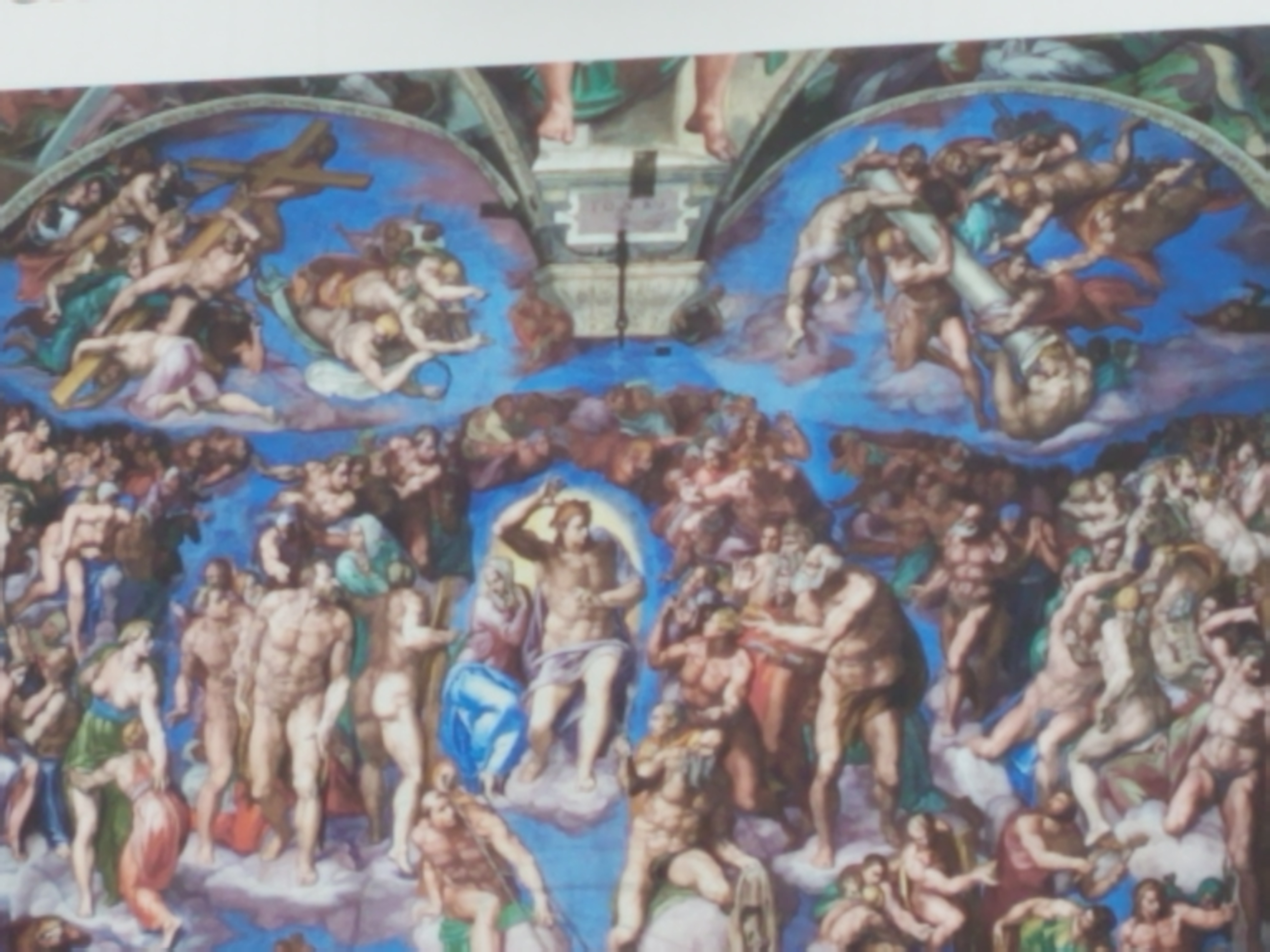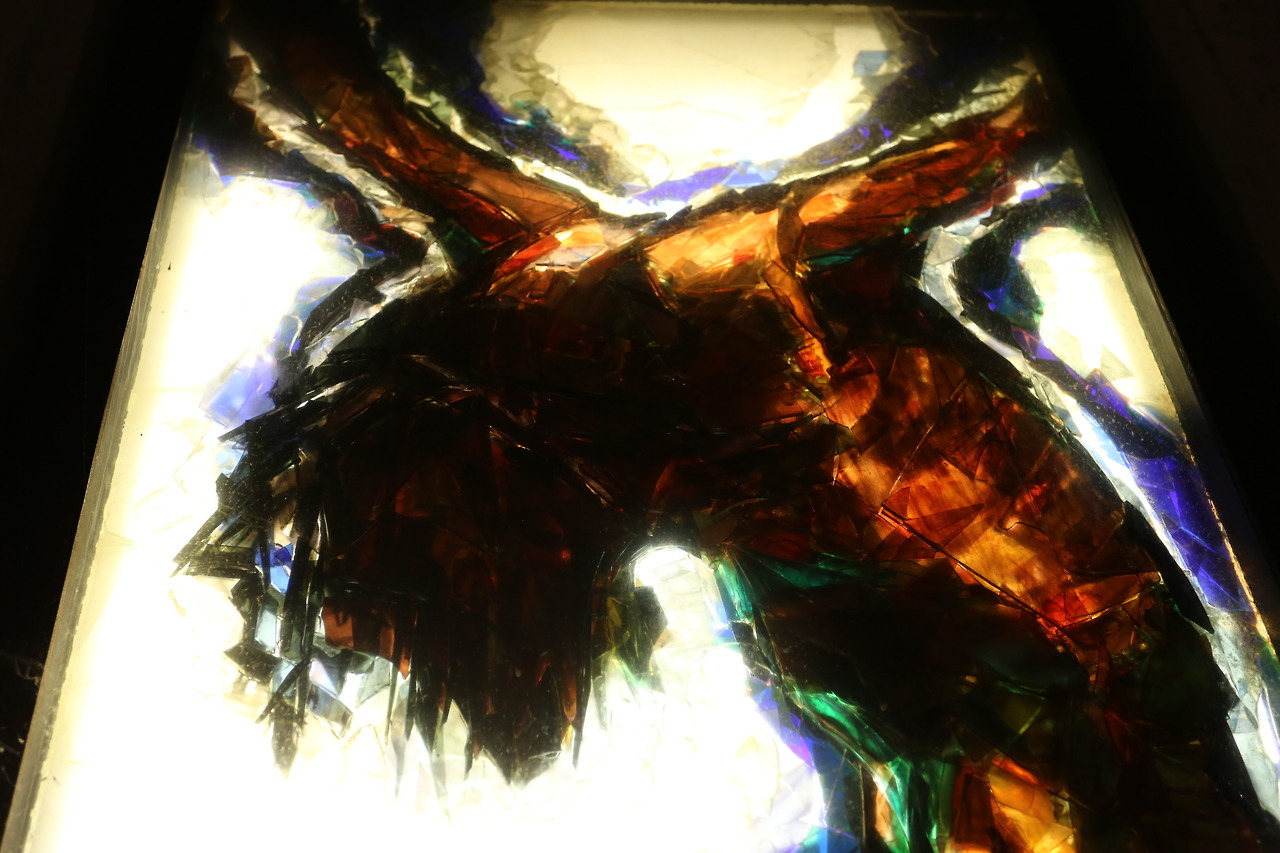Gen 9:8-15; Ps: 25:4-9; 1 Peter 3:18-22; Mk. 1:12-15
“Repent and believe in the gospel”. What is the gospel of Jesus? It is keeping the covenant of love and truth. What is “love” and what is “truth”? Love is not an ideology, an emotion, or a law. Love is an act that shows sinners the way, guides the humble to justice, and teaches the humble his way. Truth is love that suffers as “Christ suffered for sins once, the righteous for the sake of the unrighteous that he may lead you to God.”
The first sign of love and truth is “humility”. We must first humble ourselves in order to be open to receive God’s love and truth. The proud seek love that begins with their needs and define truth by reason of their “thinking”. The humble recognize love is a gift of giving that returns when love exists. The humble recognize the more they know and understand how little they know of the mystery of God. We are limited but God is infinite.
Love is an act that shows sinners the way. We are all sinners so let us begin with ourselves this lent in recognizing the “dirt” of sin we carry in all those ways we “look the other way” while God is looking directly at us. Let us reflect on our attitude to sin in which we minimize, rationalize, and even deny what the word of God has revealed to us as an act of disobedience. For those times in which we have “not put to death in the flesh” our temptations and make a “appeal for a clear conscience”. This is a gift waiting for us in confession.
Love “teaches the humble his way” not ours. Love is of giving of ourselves for the purpose of life we have been entrusted. We receive the blessing of a spouse, children, work, family, and friends and this is the first call to “teach” within our homes “his way” when we give of ourselves in our domestic church. We have also been entrusted with a community of faith serving a greater purpose as a church universal to bear fruit in showing sinners the way to “remove the dirt” of sin through baptism and reconciliation. These are not archaic traditions but acts of obedience that fulfill the promises God made to Noah. Water will no longer be a sign of destruction of the world but of cleansing of the world “in this time of fulfillment” in Jesus Christ.
Love guides the humble to justice. In a world that recognizes only winners and losers putting our sense of justice into an ideology instead of into a person is misguided justice. That person is Jesus Christ, the source of justice who holds the keys of the kingdom and separates heaven and earth, the righteous from the unrighteous. True justice is by way of love and truth and it lies within a person, our Lord and savior. The way of love and truth comes to us this Lent as an invitation to receive mercy through prayer, fasting and almsgiving. We are in the season of mercy but we must act out in love to open the gates of mercy.
Some will view justice as an act of strength in “standing for justice” but then view mercy as an act of weakness as “giving in” to an injustice. Does Jesus give in to our sins by his mercy? Consider the act of mercy he gave in his passion by way of the cross. It was the greatest act of strength and courage he suffered in his mercy for the unrighteous that some may be saved. Be merciful! Love is merciful, slow to anger, patient and kind yet strong in truth. Without truth love is weak and relative to the whims of a thousand voices in the wind blowing us in every direction.
Truth is the way of Jesus. When Pontius Pilate asks Jesus “what is truth” Jesus shows Pilate the way of truth in the silence of his suffering on the way of his passion and death for the sake of the unrighteous to lead us to God. Are we living this “truth” willing to suffer for the sins of others in ways that guide them to justice or gives testimony of the way by virtue of how we live our own lives? Today we have more than one pandemic in the world, we have a health pandemic and a sin pandemic born out of the sexual revolution that brought us an explosion of abortion, pornography, sexual abuse scandals, and the spread of addictions at younger ages. These are not sin that our children will “grow out of” in time but will become lost in time in a Godless world. Lent is calling us to stop “looking the other way” and begin offering our prayers of love and truth as sacrifice for the sins of this world that we may all be saved.
Our best teaching of the truth comes from the visible signs of our faith in action. It bears fruit not according to our expectations but in the working of the spirit as it is received in others who each are in their journey of faith and we have served as one more sign post on the way to salvation. Who will be freed by offering a Mass intention, praying for the souls in purgatory? It may be those we love the most who have gone before us waiting for this Easter to be set free if we only do an act of reparation for them.
It seems every era has had to live through a time of great suffering. For the past generation it was a Great Depression filled with its share of pandemics such as polio and tuberculosis. Many did not survive and others found themselves in institutional hospitals to separate the disease from the well. This tribulation lasted for many years and the effects much longer. We now have our tribulation of suffering in which we face a pandemic, economic losses, and death. This is our moment of truth in which dare I say is a “coming to Jesus” moment. In this moment we must return to the source of life, make our offering, and recognize our mortality coming from Genesis 3:19 “you are dust and to dust you will return”. We have a choice to make in either dying to ourselves that we may receive life or living for ourselves in the way of sin that brings us sure death. The choice is ours.
Some may say this teaching is hard but Jesus laid a path for us that is the way of the cross. It is not a teaching without hope. It is a teaching of hope for suffering was given to us as a gift of hope to bring us into the reality of a promise much greater than any suffering. It is a promise of the resurrection to begin living the true gift of life in spirit and truth regardless of any suffering. It is the promise that gave courage to martyrs, hope to the sick, and freedom to the slave of sin. It is time to claim our freedom and receive the bread of life coming from “every word that comes forth from the mouth of God.” It is the word of love and truth.
Jesus remained “in the desert for forty days, tempted by Satan” yet he was not alone. It was here that “the angels ministered to him”. Lent is an opportunity to be ministered to in the spirit by returning to prayer, fasting and almsgiving. No act of sacrifice goes unnoticed by the Lord and all our offerings build the capital of grace allowing us to face not only the temptation of Satan but to overcome the weakness of the flesh with a power greater than us, the power of his love and truth.
Father Mitch Pacwa on EWTN reminds us that grain is crushed and mixed with water to make bread and grapes are crushed to make wine and both are raised up in the mystery of faith to become the body and blood of Jesus. Today we may find ourselves having that moment of being “crushed” by our suffering. Jesus allows suffering to transform us into his love and truth, a more perfect image of the divine to come.
God works in mysterious ways and one thing this freeze across the nation is causing is for people to stay home enforcing our social distancing and hopefully contributing to the decline of the pandemic. It is a reminder that God is in control of not just our life but our wellbeing. God used the waters of a flood to devastate the earth and brought about a cleansing of sin. God is allowing us to pass through this time of suffering to bring about a cleansing of souls and bring us back to the gospel of love and truth.
As we make our decisions as to what act of love and truth, we want to do this Lent consider this. Traditionally we look to pray perhaps in the form of a rosary, spend some time in spiritual reading, and then there is the traditional act of deciding what we “want to give up” that is in line with our weaknesses. This is all good but let us also seek to respond to our challenges, suffering, and the “test” of faith, that moment of being “crushed” by seeking and waiting for the Lord to respond with his grace, how he uses every moment and situation to reveal to us his presence, his love, his truth.
Let us have an encounter with Jesus this Lent that bring us to true conversion according to his will. Repent and believe in the gospel of love and truth coming to us through the mercy of Jesus Christ.





Recent Comments